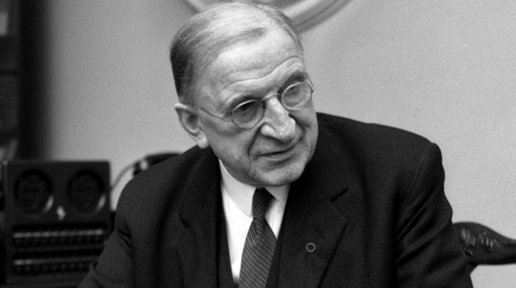De Valera. Rule: 1932-1975
by David McCullagh
(Gill Books, €24.99)
Peter
Hegarty
Irish memories tend to associate De Valera with the dismal drift of the 1950s rather than the dynamism and reforms of the 1930s. The man who triumphantly assumed power in March 1932 had a clear idea of the direction in which he wanted to take the country. His chosen road led towards greater national sovereignty.
De Valera set about dismantling the Anglo-Irish Treaty of 1921. In time he would dispense with the oath of fidelity to the British monarch. He withheld payments of land annuities to Britain. His 1937 constitution, which effectively established the country as a republic, would be an important milestone in his drive towards enhanced national sovereignty. That the constitution is an Irish document, approved by Irish lawmakers, is arguably as important as its content.
De Valera realised the need to bring people with him. The support of the new government for the 1932 Eucharistic Congress allayed lingering fears that it was communist-inflected. Throughout his political life De Valera would make a point of consulting the Catholic Church, indeed all churches, on matters in which they had an interest.
Catholic social teaching influenced the new constitution, which recognised the ‘special position’ of the Catholic Church. That wasn’t enough for the Vatican though, which regarded the document as not Catholic enough.
The new government increased benefits, cleared slums and built schools, hospitals and houses – tens of thousands of houses. It prioritised the creation of jobs. Bearing no-one ill-will, De Valera avoided purges, continuing to employ supporters and servants of the previous administration. During the 1930s he improved life for most people, except female teachers and civil servants whom he forced by law to leave their professions after marriage.
An important British concession, and one that De Valera didn’t have to work too hard to win, was the handover of the treaty ports in 1938. Had Britain retained these bases in Ireland, his declaration of neutrality would not have been credible.
In his mind neutrality was a natural extension of sovereignty. Although Ireland inclined towards the Allies De Valera observed the formalities of neutrality. Having offered his sympathies to the US ambassador on the death of Roosevelt, he felt obliged to express his condolences to the German ambassador after Hitler’s suicide.
The author considers Dev’s famous speech, delivered on St Patrick’s Day 1943, making the interesting points that he made no reference to dancing at crossroads, and that his maidens were happy, not comely.
He should have called it a day in the late 1940s. His passion for abstractions such as sovereignty – he liked to relax by reading mathematical textbooks – was matched only by his lack of interest in economic questions. In such matters he tended to leave the thinking to others and accept – or reject – the proposals they brought to him.
For much of the 1950s there was nothing much for him to accept or reject, until Ken Whittaker and Seán Lemass proposed opening up the economy to foreign investment.
A generous man, he once described Michael Collins as “one of Ireland’s true heroes”. McCullagh adds that “in 1968 he caused a stir by attending a commemorative mass for Collins at Dublin Castle, and he had mass said at Aras an Uachtarain for Collins every year on the anniversary of his death”.
Such fine detail distinguishes this second volume of McCullagh’s biography of a most influential politician.


 Eamon De Valera.
Eamon De Valera. 